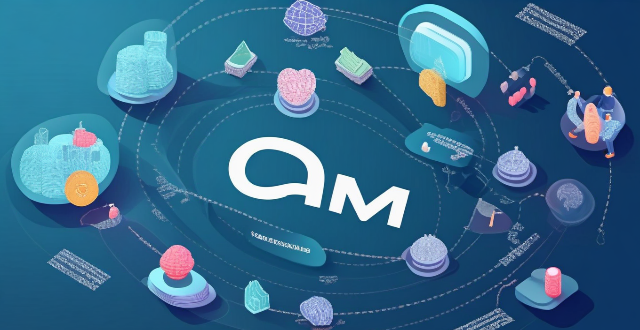Decentralized finance (DeFi) is a sector within the cryptocurrency space that aims to create an open-source, permission-less, and transparent financial service ecosystem using blockchain technology. It offers several benefits over traditional financial systems, including increased accessibility, lower costs, greater transparency, enhanced security, programmable money, improved efficiency, and financial inclusion. By eliminating intermediaries and reducing overhead costs, DeFi makes financial services more affordable and accessible to a wider audience. Its transparent ledger system reduces fraud and increases trust among participants, while its secure blockchain networks protect user funds. DeFi also enables programmable money, allowing for customized financial products and services, and improves efficiency by streamlining transaction processing. Ultimately, DeFi has the potential to revolutionize finance by democratizing access to essential financial services for underbanked populations and bridging the gap between developed and developing countries in terms of financial access.

Benefits of Using Decentralized Finance
Introduction
Decentralized finance (DeFi) is a rapidly growing sector within the cryptocurrency space that aims to create an open-source, permission-less, and transparent financial service ecosystem. It leverages blockchain technology to enable peer-to-peer transactions without the need for intermediaries such as banks or other financial institutions. In this article, we will explore the benefits of using decentralized finance.
Key Benefits of Decentralized Finance
1. Increased Accessibility
- DeFi offers increased accessibility to financial services for individuals who may not have access to traditional banking systems.
- It allows users from anywhere in the world to participate in financial activities without geographical restrictions.
2. Lower Costs
- DeFi platforms typically have lower fees compared to traditional financial institutions due to reduced overhead costs and intermediaries.
- This makes it more affordable for users to access financial services and engage in transactions.
3. Greater Transparency
- DeFi operates on public blockchains, which means all transactions are recorded on a transparent ledger that can be viewed by anyone.
- This transparency helps to reduce fraud and increase trust among participants in the ecosystem.
4. Enhanced Security
- DeFi platforms are built on secure blockchain networks that are resistant to hacking and cyber attacks.
- User funds are stored in smart contracts, which are self-executing agreements with predefined rules, ensuring the security of their assets.
5. Programmable Money
- DeFi enables programmable money, allowing users to create customized financial products and services tailored to their specific needs.
- This flexibility opens up new opportunities for innovation and experimentation within the financial industry.
6. Improved Efficiency
- DeFi eliminates the need for intermediaries, reducing the time and complexity involved in financial transactions.
- This results in faster transaction processing times and improved overall efficiency within the financial system.
7. Financial Inclusion
- DeFi has the potential to bring financial inclusion to underbanked populations, providing them with access to essential financial services such as lending, borrowing, and saving.
- By democratizing finance, DeFi can help bridge the gap between developed and developing countries in terms of financial access.
Conclusion
In conclusion, decentralized finance offers numerous benefits over traditional financial systems, including increased accessibility, lower costs, greater transparency, enhanced security, programmable money, improved efficiency, and financial inclusion. As the DeFi ecosystem continues to grow and evolve, it has the potential to revolutionize the way we think about and interact with finance.